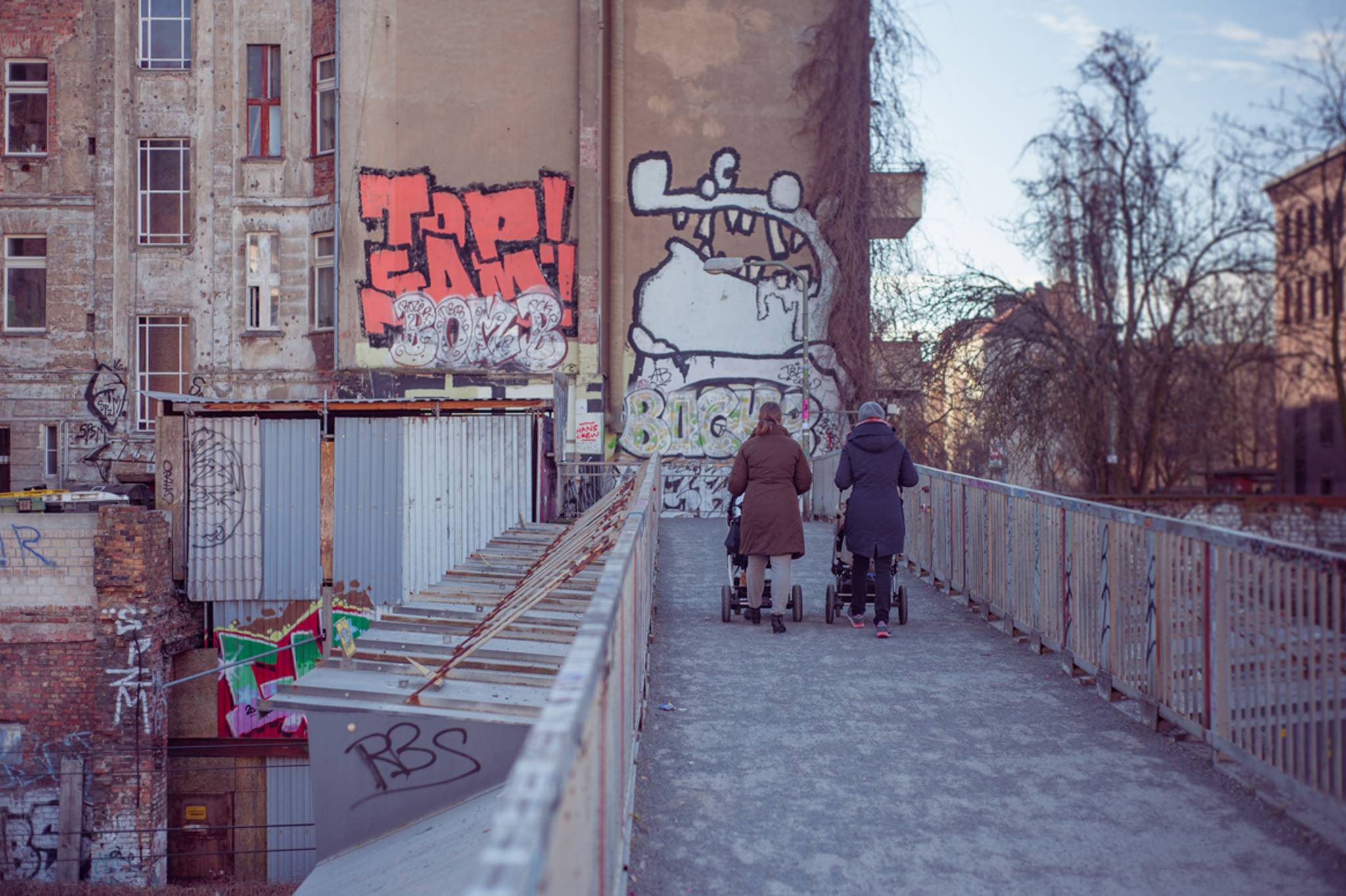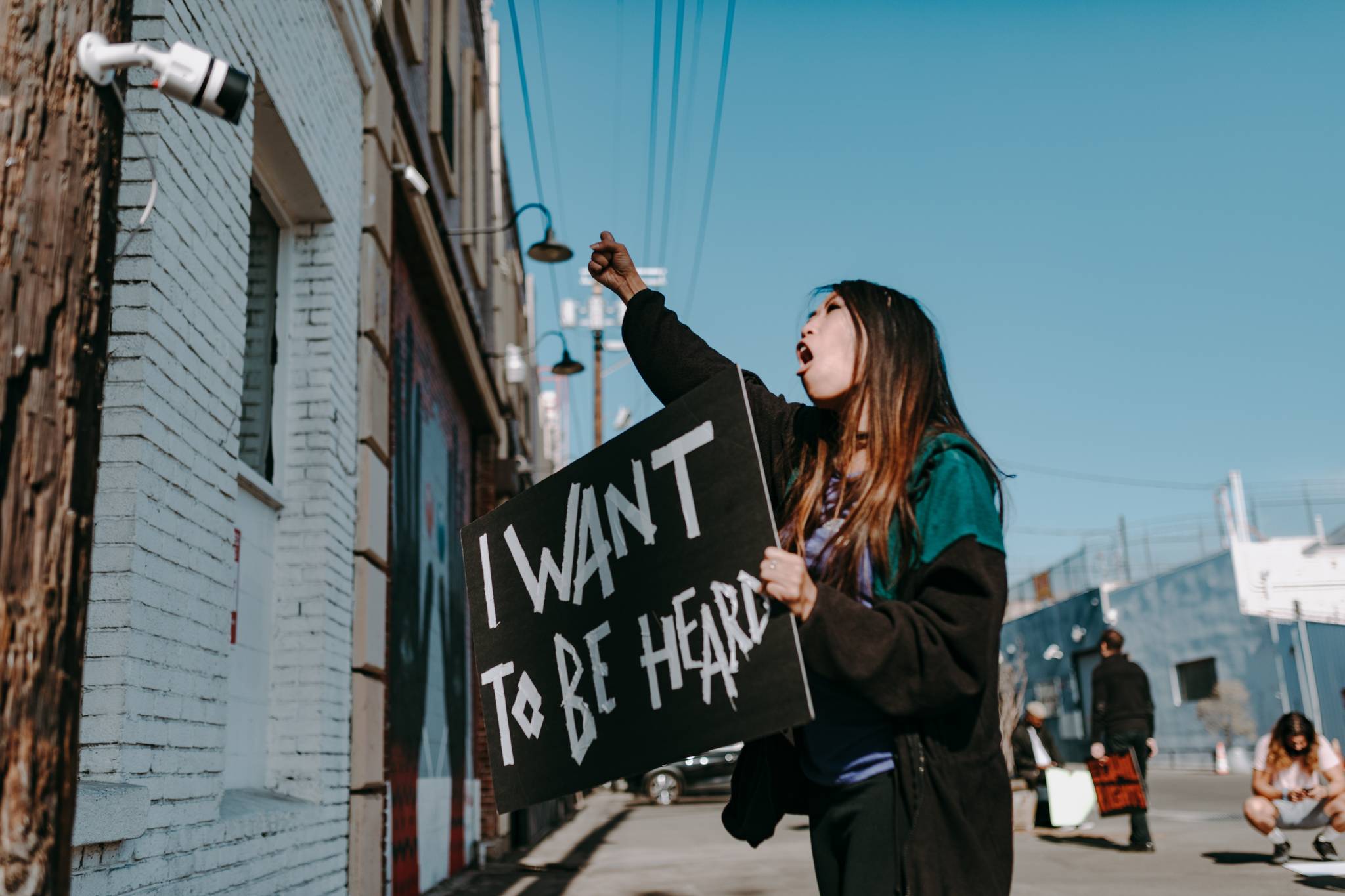
Germany may have been reunified over 30 years ago, but several invisible divides remain between people on the opposing sides of the Berlin Wall. How are political and economic differences impacting consumption habits? And how can brands appeal to a wider market in light of the past?
- Sector
- Locations GermanyEurope
Dr. Manès Weisskircher is a research assistant at the Mercator Forum for Migration and Democracy (MIDEM) and the Chair of Political Theory and History of Ideas at the Technical University of Dresden. His research interests include social movements and political protest, right-wing radicalism in Western Europe, and migration.
Dr. Andreas Staab is a former lecturer in European integration at the London School of Economics and the founder and managing director of the European Policy Information Centre, a London-based consultancy and training agency. A native West German and published author, he wrote National Identity in Eastern Germany: Inner Unification or Continued Separation? in 1998, in which he analysed the development from the divided to the unified Germany.
Professor Reint E. Gropp is a German economist, the president of the Halle Institute for Economic Research, and a professor of economics at Otto von Guericke University Magdeburg. His fields of research cover financial economics, macroeconomics, corporate finance, as well as money and banking.
Gouri Sharma is an internationally renowned independent journalist from London living in Berlin writing for international media sites including Al Jazeera English and Deutsche Welle. Amid a career spanning nearly two decades, including five years on the production desk for Al Jazeera's flagship media critique show The Listening Post, Gouri now writes on issues such as race, culture, migration, history, and sexual health and wellness. With each report, she aims to draw out the individual story amid the wider political or historical context; centring the human story is a priority, in particular amplifying the voices of those from marginalised communities whose stories are not as visible.




